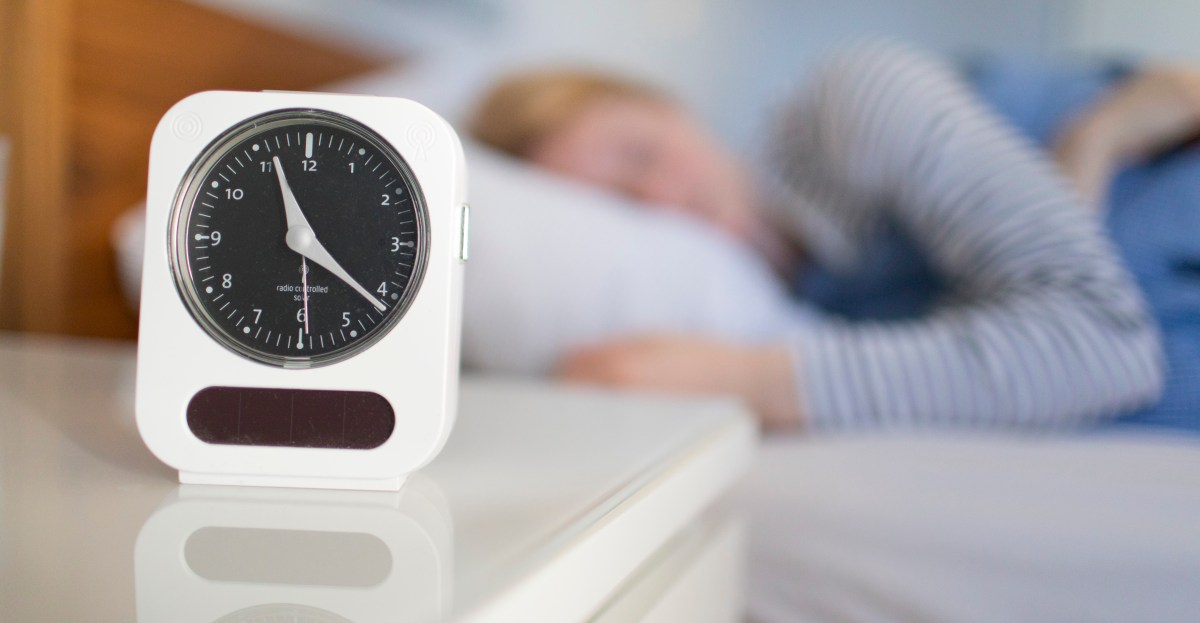Are We Losing Sleep? Understanding the Decline in Sleep Quality
In recent years, the conversation around sleep has taken on an urgent tone. Many people find themselves tossing and turning at night, struggling to achieve the restful slumber they once enjoyed. The question arises: are we losing sleep? Experts are delving into the factors contributing to this decline in sleep quality, and the implications for our health and well-being are significant. As we navigate an increasingly restless world, understanding these factors becomes crucial for improving our sleep hygiene and overall quality of life.
The Sleep Crisis: A Growing Concern
Research shows that a significant portion of the population is not getting the recommended seven to nine hours of sleep per night. According to the Centers for Disease Control and Prevention (CDC), more than one-third of adults report not getting enough sleep. This alarming trend raises questions about the underlying causes of sleep deprivation and the long-term consequences for our health.
1. The Role of Technology
One major factor contributing to the decline in sleep quality is the pervasive presence of technology in our lives. Smartphones, tablets, and computers are not only tools for work and communication but have also invaded our bedtime routines. The blue light emitted by screens can interfere with the production of melatonin, the hormone responsible for regulating sleep. As a result, many individuals find it difficult to wind down before bed.
- Screen Time Before Bed: Engaging with screens—whether it’s scrolling through social media or binge-watching shows—can significantly cut into the time needed for restorative sleep.
- Sleep Disruptions: Notifications and alerts can cause interruptions during the night, further reducing sleep quality.
2. Stress and Anxiety
In an increasingly fast-paced world, stress and anxiety levels are at an all-time high. The pressures of work, family, and social obligations can lead to racing thoughts and an inability to relax when it’s time to sleep. According to the American Psychological Association, nearly 70% of adults report that they experience stress on a daily basis, and this stress can manifest physically and mentally, making it harder to fall asleep.
3. Lifestyle Choices
Our lifestyle choices also play a significant role in our sleep quality. Factors such as diet, exercise, and substance use can either promote healthy sleep or contribute to its decline.
- Poor Nutrition: Diets high in caffeine, sugar, and processed foods can disrupt sleep patterns. Consuming heavy meals close to bedtime may also lead to discomfort and insomnia.
- Lack of Exercise: Regular physical activity is known to improve sleep quality; however, many people lead sedentary lifestyles that contribute to sleep problems.
- Substance Use: The use of alcohol and recreational drugs can affect sleep cycles, leading to fragmented and unrefreshing sleep.
The Health Implications of Poor Sleep
The implications of declining sleep quality extend beyond simply feeling tired. Chronic sleep deprivation is linked to a myriad of health issues, including:
- Cardiovascular Disease: Studies suggest that individuals who do not get adequate sleep are at a higher risk for heart problems.
- Weight Gain: Lack of sleep can disrupt hormones that regulate appetite, leading to overeating and weight gain.
- Mental Health Disorders: Sleep and mental health are closely intertwined; poor sleep can exacerbate anxiety and depression.
- Decreased Immune Function: Sleep is essential for a healthy immune system, and poor sleep can make individuals more susceptible to illnesses.
Strategies for Improving Sleep Quality
Recognizing the factors contributing to the decline in sleep quality is the first step toward making positive changes. Here are some actionable strategies to enhance your sleep hygiene:
1. Establish a Consistent Sleep Schedule
Going to bed and waking up at the same time each day helps regulate your body’s internal clock. This consistency can improve the quality of sleep and make it easier to fall asleep and wake up feeling refreshed.
2. Create a Relaxing Bedtime Routine
Engaging in calming activities before bed can signal to your body that it’s time to wind down. Consider activities such as:
- Reading a book
- Practicing relaxation exercises or meditation
- Taking a warm bath
3. Limit Screen Time
To combat the effects of blue light on sleep, try to limit screen time at least an hour before bed. Instead of scrolling through your phone, opt for activities that promote relaxation.
4. Create a Sleep-Friendly Environment
Your bedroom should be a sanctuary for sleep. Consider the following:
- Darkness: Use blackout curtains to eliminate outside light.
- Comfort: Invest in a comfortable mattress and pillows.
- Temperature: Keep the room cool, as a lower temperature is conducive to better sleep.
5. Mind Your Diet
Be mindful of what you consume, particularly in the hours leading up to bedtime. Avoid caffeine and heavy meals close to sleep time, and consider incorporating sleep-promoting foods like nuts and berries into your diet.
Conclusion: A Call to Action
The decline in sleep quality is a concerning trend that calls for immediate attention. By understanding the factors contributing to this issue and taking actionable steps to improve our sleep hygiene, we can reclaim our nights and restore our health. As we navigate this increasingly restless world, fostering a culture that prioritizes sleep is essential for our collective well-being. Remember, a good night’s sleep is not just a luxury; it’s a fundamental component of a healthy life.
In conclusion, while we may feel like we are losing sleep, there is hope. By making conscious choices and implementing strategies to enhance sleep quality, we can turn the tide on this troubling trend and ensure that restful nights become the norm once again.
See more WebMD Network



